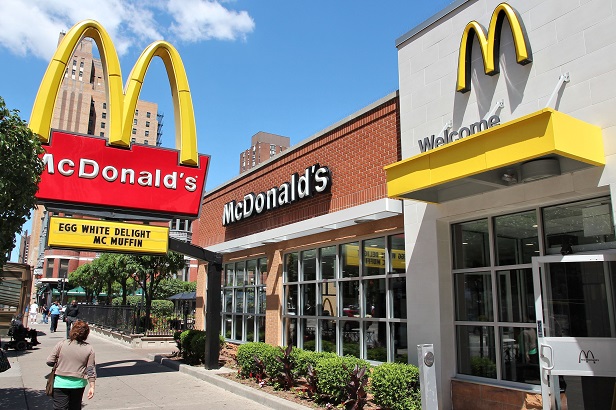 Photo by Shutterstock
Photo by Shutterstock
Affordable housing is well known for maintaining stability during an economic recession. Data shows that the asset class has better occupancy and more stable rents during past recessions, making affordable housing a recently popular investment class for investors.
“In previous recessions, we have seen rents more stable in affordable housing,” Jonathan Needell, president and chief investment officer of KIMC, tells GlobeSt.com. “Traditionally, LIHTC also has lower credit loss and high occupancy through a recession. In the Great Financial Crisis, LIHTC was 97% occupied and market rate occupancy was 91%. The gap in occupancy is usually that affordable housing is 3% to 6% higher during a recessionary period. With more stable rents, affordable housing is usually a safe haven, not only for income production but also for value.
The trend, however, will be tested in the months ahead because this recession doesn’t look like anything seen before. “Today’s environment is a little different because the tenancy of affordable properties is more likely to be suffering from unemployment,” says Needell. “That has been true in past recessions, but today, we aren’t talking about staff reductions; they can’t work. This is obviously a big impact to the affordable tenant base.”
The relief bill will play a significant roll in stabilizing this market, and in many ways is essential to the stabilization of affordable and workforce assets. “The bill passed by Congress will benefit people with direct payments,” says Needell. “For a family of four, you are talking about a $3,400 check. That is more than three months worth of rent, and the government has talked about doing this several times, if needed. This has become an important part of establishing stability of affordable housing in this particular crisis.”
KIMC is also educating tenants through this time of uncertainty by providing health and safety resources as well as financial guidance for the relief benefits. “We are sending out resources to all of our tenants to explain how to shelter in place and follow CDC guidelines,” says Needell. “When this is over, we will do something similar in regards to the benefits. There are people out there trying to perpetuate fraud in these circumstances, and we want to communicate the proper resources and remind them that this is for their necessity.”
The latter is will help tenants survive this ordeal and KIMC avoid rent loss. “There is an eviction holiday, which has the potential for moral hazard,” says Needell. “It is up to legislators and property owners to provide guidance of what the money is for. Eventually, rents will become due without eviction protection, and tenants still have to keep their credit up if they want to move to a different apartment.”





 Home
Home









 Copyright © 2024 ALM Global, LLC. All Rights Reserved.
Copyright © 2024 ALM Global, LLC. All Rights Reserved.